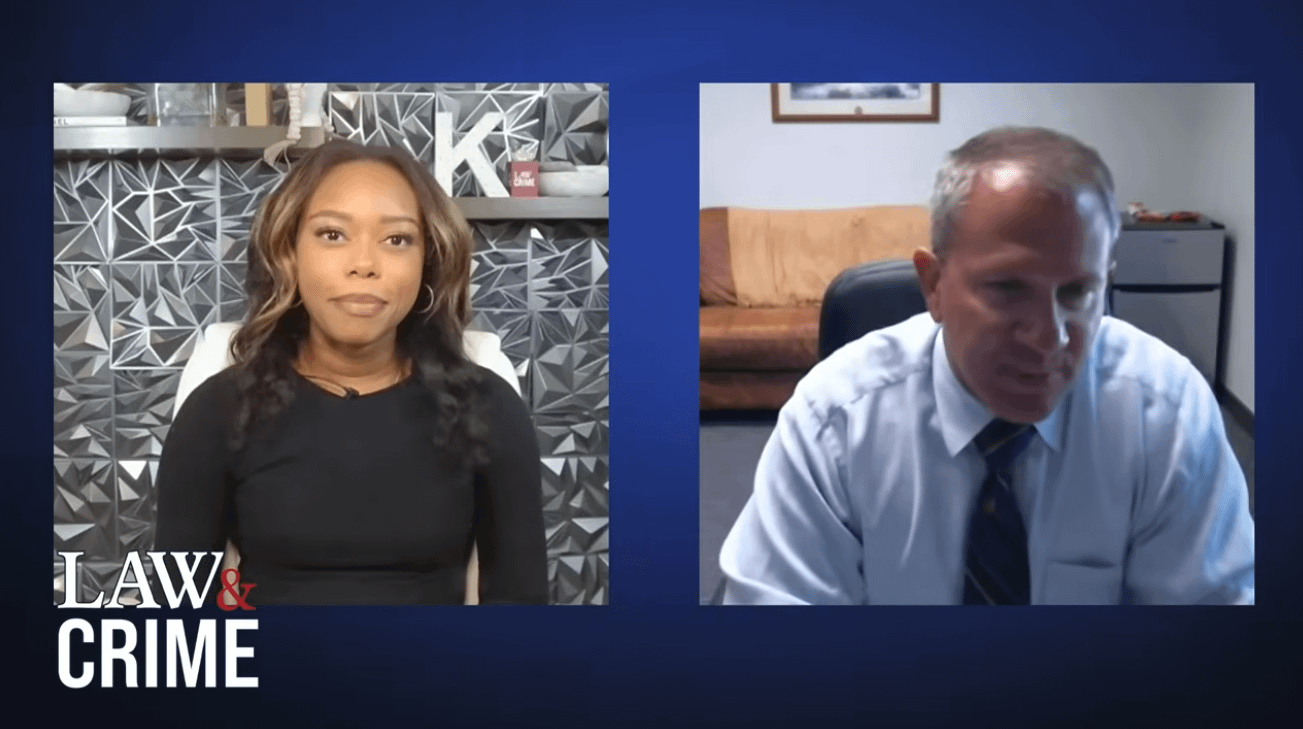When the weekend approaches, many people make plans to hit the town, saying “TGIF.” However, if they’re not careful, they could end their nights with another acronym: DUI.
Since Jan. 1, 287 Operating Under the Influence charges have been filed at the Lawrence municipal court, court manager Vicki Stanwix said.
At the Douglas County District Court, assistant to the District Attorney Cheryl Kunard said there have been 93 Driving Under the Influence charges to date in 2014 — four of which went to those who had three or more previous DUIs. (The city’s charge is OUI; the county uses the term DUI.)
First-time offenders driving with a blood alcohol concentration from .08 to .15 percent are required to spend 48 hours in jail or complete 100 hours of community service, according to Kansas law. They also go through an alcohol and drug safety or treatment program, on their own dime, and pay a fine of $500 to $1,000 plus court costs, probation and evaluation fees.
Additionally, they cannot drive for 30 days, and for the next 180 days they can only drive with an ignition interlock device, a breathalyzer installed in a car’s dashboard that halts the car from starting unless the driver’s breath has been checked.
If a driver’s blood alcohol content is more than .15 percent, repercussions increase.
And if you’re pulled over and think you can outsmart an officer by refusing to take a breathalyzer test, Attorney Casey Meek, who handles DUI cases in the Lawrence area for Joseph, Hollander and Craft LLC, said your penalty could actually be worse than it would if you’d gotten a DUI. Refusal to submit to a chemical test of your breath, blood or urine is a crime punishable by a one-year license suspension and two years of ignition interlock.
“In 2012, the Kansas Legislature made it tougher on people who refused,” Meek said. “People who refused had an easier chance of winning a trial because they didn’t have any evidence. That’s why they wanted to force you not to refuse.”
Penalties only climb in severity for each additional violation. On a second offense, the jail time is 90 days to one year. Fines increase to $1,000 to $1,500, plus court fees and costs of completing another alcohol and drug abuse program.
If you’re picked up for drunk driving a third or subsequent time, you’ll be charged with a felony offense and the case will be turned over to the county, with a charge of Driving Under the Influence (DUI.)
Meek said when a person is convicted of a felony, regardless of the charge, they lose the same privileges as any other felon, like the right to vote or own a gun.
It’s not as difficult as one might think to reach a .08 BAC, according to health educator Jenny McKee of Kansas University’s Student Health Services. McKee said though each person differs, it typically takes about three and a half drinks over a two-hour period for a woman of 160 pounds or four drinks for a man of 160 pounds.
“Many don’t realize the tipsy feeling people enjoy about drinking actually happens before a BAC of .05,” McKee said. “I tell people, ‘it’s not a race; we will not run out of alcohol. Slow down.”
McKee has a number of suggestions on how to party without endangering yourself or others around you.
Keep track of your drinks. If you have trouble remembering, there are a number of free iPhone apps that will keep track for you. Just search “BAC calculator” in the app store.
When getting a drink from the bar, ask for a non-alcoholic drink, as well. This will slow your drinking pace, helping you stay at a safer BAC level. McKee said it’s also a good idea to sit as far away from the bar as possible, making it less tempting to sling back drink after drink.
Order drinks that take more time to drink, like wine. But be careful – that 32-ounce margarita may take longer to finish, but it could count as several standard drinks.
Finally, leave your credit card at home. Only take the amount of cash it will cost to buy your recommended amount of drinks. McKee said alcohol lowers inhibitions, so if you set off with a goal of only 4 drinks, your will power can fade after alcohol hits your veins.
If you do find yourself intoxicated without a designated driver, there are a number of services in Lawrence to help get you home.
On average, local taxi companies charge around $10 for a ride to any location within Lawrence city limits. Some towing companies will even take you and your car home for you for $60, which sounds like a steal compared to thousands of dollars in fines, court and legal fees.













